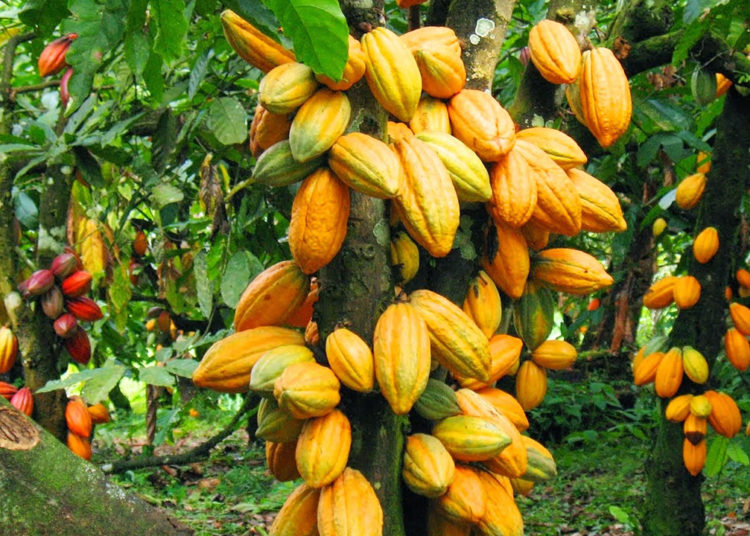The Nigeria cocoa processing market has been projected to exhibit a growth rate Compound Annual Growth Rate(CAGR) of 6.76 per cent during 2023-2028.
IMARC Group, a leading market research company, in a recent report titled “Nigeria Cocoa Processing Market: Industry Trends, Share, Size, Growth, Opportunity and Forecast 2023-2028” provided a detailed analysis of the industry.
The report obtained by LEADERSHIP, include the Nigeria cocoa processing market share, size, trends, and growth forecasts, competitor and regional analysis and highlights the latest advancements in the market.
Cocoa processing refers to the manufacturing process involved in transforming raw cocoa beans into various cocoa products.
The Cocoa beans are the primary ingredient used in the production of chocolate and cocoa-based products.
The cocoa processing process typically involves several stages, including harvesting, fermentation, drying, roasting, grinding, pressing, and refining.
Cocoa beans are obtained from the ripe fruit pods of the cocoa tree and the pods are carefully harvested by hand to ensure the beans are not damaged.
They are then placed in fermentation containers or on banana leaves to ferment and are spread out to dry in the sun or using specialized drying equipment.
, dried cocoa beans undergo roasting to develop their characteristic flavor.
The beans are heated at high temperatures, which affects their color, aroma, and taste.
Moreover, the processed cocoa products, including cocoa powder and cocoa butter, are then utilized in various applications, such as chocolate production, baking, confectionery, beverages, ice cream, and other food products.
The Nigeria cocoa processing market is witnessing significant growth, driven by various factors that are shaping the industry landscape.
Nigeria boasts a favorable climate and fertile lands that support the cultivation of high-quality cocoa beans.
The country’s vast cocoa production capacity serves as a fundamental driver for the cocoa processing market.
As the global demand for cocoa-based products continues to rise, Nigeria’s abundant cocoa supply positions it as a key player in the cocoa processing industry.
In addition, with growing population and rising disposable incomes, there is a surge in demand for cocoa powder, cocoa butter, chocolates, and other cocoa-derived products within the country.
This upward trend in domestic consumption acts as a driving force for the expansion of the Nigeria cocoa processing market.
Besides, the Nigeria cocoa processing industry is witnessing technological advancements and innovative practices. Companies are adopting modern processing techniques, machinery, and equipment to optimize production efficiency, improve quality, and reduce processing times.
These technological advancements enhance the competitiveness of Nigerian cocoa products in the global market, attracting investments and facilitating business expansion.
Moreover, the Nigerian government and industry stakeholders are recognising the importance of value addition in the cocoa value chain.
The promotion of cocoa processing facilities within the country aims to enhance the value of cocoa beans by converting them into higher-value products. By establishing a robust cocoa processing sector, Nigeria can tap into the export potential of cocoa-based products, catering to both regional and international markets.
This focus on value addition and export diversification contributes to the growth of the cocoa processing market.





